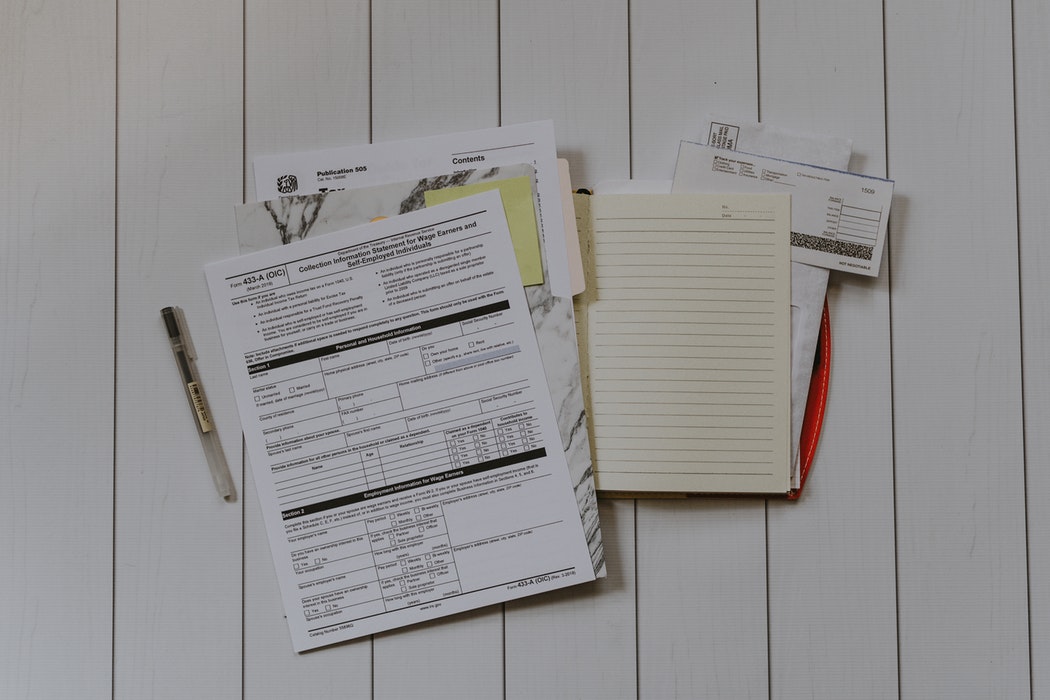You’ve probably heard that spring and summer are the best times to sell your home, and we’ll be honest: they do have their perks. But with mortgage rates remaining low and motivated buyers steadily flowing into the market, this fall is shaping up to be a pretty profitable selling season.
If you’re gearing up to list your home soon, then you’ll need to pay extra attention to your outdoor areas. Here are the top five spaces to give a little TLC to before you sell!
The Lawn
Once you’ve raked up the leaves, you might think your lawn is all taken care of. But there’s much more to fall lawn care than bagging up leaves! If temperatures haven’t majorly dropped by the time you list, you’ll need to keep mowing your lawn—it’ll continue growing until the first hard frost.
If you’ve got a few bare spots in your yard, fall is also the perfect time for overseeding! Since the ground is relatively warm but the sun isn’t quite as powerful as in the summer, growing conditions are better than ever. Just be sure you’re providing your lawn with plenty of water, and those sparse spots should start to fill in.
The Garden
Since you’re planning a move, you probably don’t want to start planting new veggies, but there are other ways to give your garden a fresh look. First, you’ll want to make sure all of your leftover plants from spring and summer are cleared out, and your plot is weed-free. Once that’s taken care of, it’s time for the fun part!
Picked up a few pumpkins or gourds from the farmers’ market? Set them out near your doorstep. Need a home for a scarecrow or two? Give them a perch on either side of the garden. You can fill in any blank space with potted plants like mums or sunflowers or a decorative holiday banner!
The Roof
With trees shedding leaves and dead branches, you’ve probably got a decent amount of brush and foliage dotting your roof. Now’s the time to pull out the ladder and do a clean sweep. Plus, it’s the perfect chance to get a look at the condition of your shingles and see if any need replacing!
While you’re up there, be sure to sweep out your gutters, as well. There’s a good chance the extra debris has them more clogged up than usual, which could lead to flooding or exterior damage. Clearing them out will prevent any issues, and show buyers that you go the extra mile in maintaining your home.
The Porch
The crowning glory of your home’s exterior, the porch should act as the first taste of what the inside of the home has to offer. You want to strike the perfect balance between warm and welcoming and clean and clutter-free!
First, take care of spiffing the space up by sweeping the floors, ringing out the welcome mat, and dusting off any outdoor furniture. If you have one too many chairs or a crowded collection of potted plants, you should remove some of the clutter.
Then, add a little character! Put a few pumpkins by door, set out a scented candle or two, swap out your porch light for a warmer wattage, and update your throw pillows—just be careful not to overdo it. Since your porch space is likely relatively small, a little goes a long way.
The Front Door
It’s only a small portion of your exterior, but if you play your cards right, your front door can be one of the most eye-catching parts of your home. Nothing draws attention like a fresh coat of paint, so you should consider picking a shade that pops and matches your siding—like a warm red or a bold blue. At the very least, you should use furniture wax or dish soap to scrub out the dinginess.
Once you’ve revamped your door, it’s time to accessorize! Since it’s fall, you should be able to easily find a seasonal wreath to hang. If you really want to go the extra mile, think about replacing your house number or knocker with some shiny new hardware.
Need a Few More Tips?
If you want to make sure your home is staged to impress—in all areas—then we can help. In addition to our home-staging resources, we’d also be more than happy to do a walkthrough of your home and recommend a few personalized decor suggestions or DIY improvements.
From helping you stage to navigating closing, we’ll be there to help you through the selling process, every step of the way. Whenever you’re ready to get started, we’re just a phone call away!


